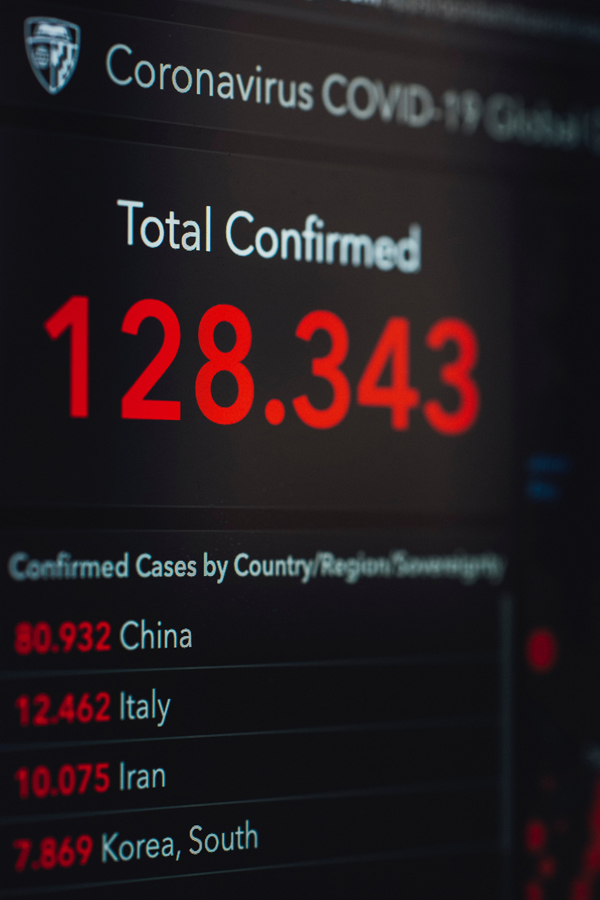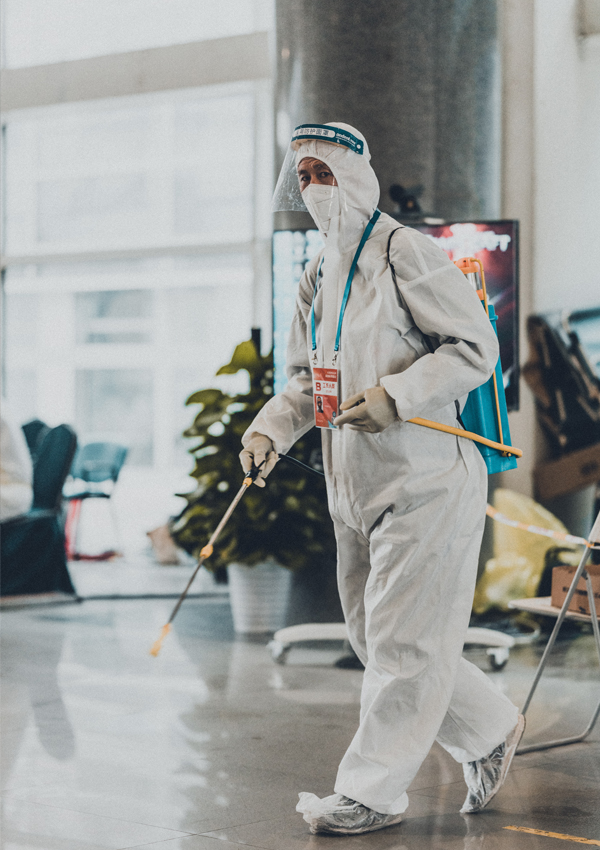29 Nov HOW COVID-19 IS AFFECTING THE INSURANCE SECTOR

Photo by Dan from Unsplash
The Covid-19 outbreak is having an impact on insurance, sometimes in unexpected ways. What do we predict for our world during and after these extraordinary times? Here’s what you need to know about the Coronavirus and insurance, how it’s affecting everything we do, and the challenges we all face.
THE THINGS THAT WILL REMAIN THE SAME
In some ways, life in our world goes on as normal. Policies will remain in force, which means our customer service staff are still supporting our clients. Claims will still be accepted, adjusted, and paid. Premiums will still be accounted for, then converted from written to earned. And of course the scope of the cover provided by the insurance products we sell will remain the same, unless unforeseen circumstances mean it has to change.
THE THINGS THAT’LL CHANGE THANKS TO COVID-19
Insurance underwriting, management and administration is carried out by people. People work in offices, and offices are being closed around the world to protect populations and healthcare infrastructure. Because insurance comprises so many different aspects of business, it is affected in many different ways.

DO CLOSED DOWN BUSINESSES NEED INSURANCE?
If your business has closed down because of the virus, do you still need insurance? It depends.
It is going to be an issue for every insurance carrier on the planet. At the same time some firms have been closed by order of the government, but they still face physical damage risks and still need liability cover. And what happens to covers like workers’ compensation or liquor liability, protection that’s only needed when doing that specific activity?
If your business sells alcohol to an obviously intoxicated person and they cause injury or damage, liquor liability insurance can pay for any legal fees and medical costs for third-party bodily injury, third-party property damage, and legal costs. For example, if a drunk person leaves your cocktail bar then goes on to vandalize a building, liquor liability insurance could cover the damage itself plus related legal expenses up to the amount of the policy limit, things like court and attorney fees. As a business owner, you can also add extras like cover for assault and battery or for your own employees drinking on the job, specified types of violence, emotional damage and more.
What’s happening right now with liquor liability cover? In the USA the The Governor of Oregon says any business with a liquor license must maintain their liquor liability insurance even if the business is closed. They say that a failure to maintain liquor liability insurance is a ‘Category I violation’ which could mean your liquor licence is suspended instantly. If you sell alcohol and your business is closed under lockdown, it’s wise to check with your insurer.
WE WILL SEE FEWER CLAIMS IN SOME AREAS, MORE IN OTHERS
With billions of people around the globe staying home and working from home, the volume of claims in many areas should naturally fall. Motor claims, for example, will fall right back simply because so few of us are driving these days.
Health insurance is the exception, and we fully expect health insurance claims to parallel the trajectory of the Covid-19 virus. This means the main challenges in these extraordinary times will be faced by health insurers, with unprecedented demand on claims staff and admin systems. Even fully digital systems will potentially struggle to cope with the volume.
INSURANCE STAFF WILL WORK IN UNFAMILIAR NEW ENVIRONMENTS
Millions of insurance workers are already finding themselves working in an unusual environment, from home. It can take some getting used to.
The support systems we rely on, the IT and the networks, the databases and the electronic connections with insurers, need to be maintained and need to be accessible directly from employees’ homes, ideally via secure Virtual Private Networks. And that means there’s an extra threat from cyber criminals. They are already ramping up their efforts, planning to break into the many new networks set up to make home-working possible, plenty of which won’t be properly secured.
We’ve taken great care to protect our own network, by the way, to keep customer data safe and secure and allow us to work efficiently without risking cyber attacks.
BUSINESS INTERRUPTION INSURANCE ISSUES
Insurance premiums are underwritten by examining the likelihood of an insured risk happening, and how serious it might be. It’s almost impossible to underwrite for a circumstance that’s this new, this unusual, this hard to predict, and this widespread. No wonder the wording of most commercial policies is unequivocal as regards pandemics.
The trouble is, business interruption cover depends on direct physical damage, and that’s something that Covid-19 doesn’t do. This absence of direct damage combined with the usual wording, which almost always excludes pandemics, means BI cover doesn’t help in times like this.
There has been some political pressure to retroactively place BI cover, but nobody is keen to change the contractual terms of a policy after the fact – it’s just something that insurers never do.
INSURTECH INNOVATION WILL SCREECH TO A HALT
Ordinary times are tricky enough, but a situation like this throws new tech into the shade as we all scramble to make existing technologies and systems do what’s needed in this new, challenging landscape. At the same time, any new or current tech that makes life easier right now could see its fortunes rocketing. Take Zoom, the video comms tool. While it doesn’t qualify as insurtech, since Covid-19 first hit Zoom has seen an incredible rise in its fortunes, with millions of new users coming on board because they want to communicate well remotely.
THE GIG ECONOMY WILL SUFFER, SMES WILL FAIL, START-UPS WILL STOP
At times like this the gig economy more or less folds, disappearing like smoke, which means insurers with a large amount of on-demand business will suffer. Plenty of new SMEs and start-ups will no longer need cover. And the dramatic growth of digital insurers will slow as potential clients do everything they can to protect their revenues.
INTERMEDIARIES MAY STAGNATE
Brokers and agents will begin to suffer because people and businesses are busy trying to survive. Few businesses are in a position to change their cover, upgrade it or buy new products right now. And in fast-changing times like this bordereaux will be particularly challenging. The written schedules of insureds, premiums and losses that companies like ours submit to reinsurers will be changing so quickly it’ll be difficult to see the big picture with any accuracy.

Photo by Markus Spiske from Pexels

Photo by Tedward Quinn on Unsplash
THE THREAT TO GROUP INSURANCE PLANS
Group insurance plans might suffer, especially when they’re driven by the number of employees. Some employers will continue to contribute, but not all, leaving millions of people to rely on government support, unable to afford to fund their own cover.
Pension contributions could also suffer, when people whose money is running out are forced to prioritise their spending – do they buy food or insure themselves for an old age they might never see? And what about claims on directors’ and officers’ policies? There are still many unknowns to consider.
WILL INSURANCE SURVIVE?
Like many others our industry faces disruption and uncertainty, but experts believe the core of the worldwide insurance business will remain the same. Right now we have one vital focus: risk sharing, risk management, and serving our customers as well as we can throughout the crisis.
The agents, brokers and insurers who can flex with the times, react quickly and provide the best service to clients through these terrible times will come out of the other end in good shape. We’ll be doing everything we can to protect our clients, our employees and our company in the coming months, and we’ll be meeting the challenge with a good heart, with positivity, and with dedication. Together we can make it through.
These are the facts at the time the article was written, but things are changing fast. Always check with your insurer or intermediary. If you need help with insurance, with a claim, with a question or a policy adjustment, let us know. As usual we will be delighted to help you.


